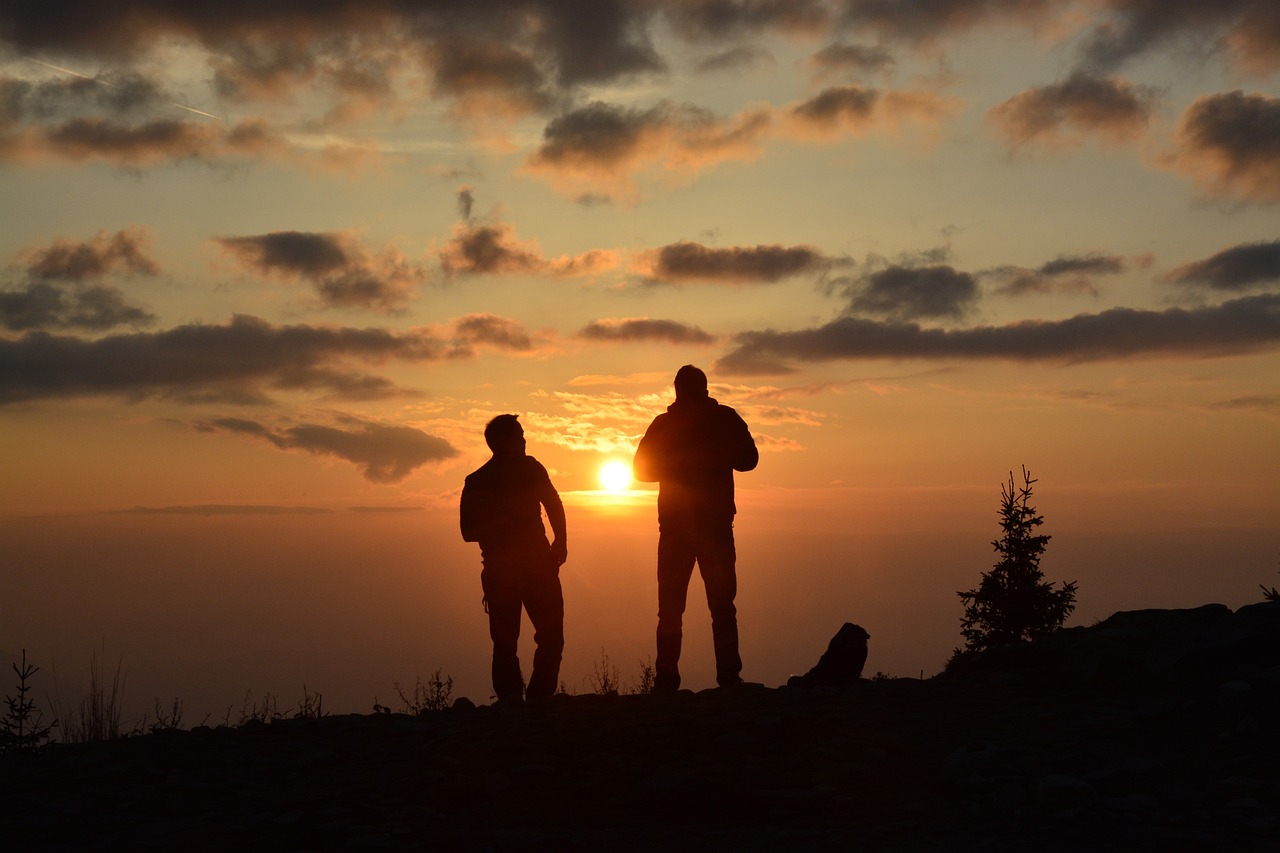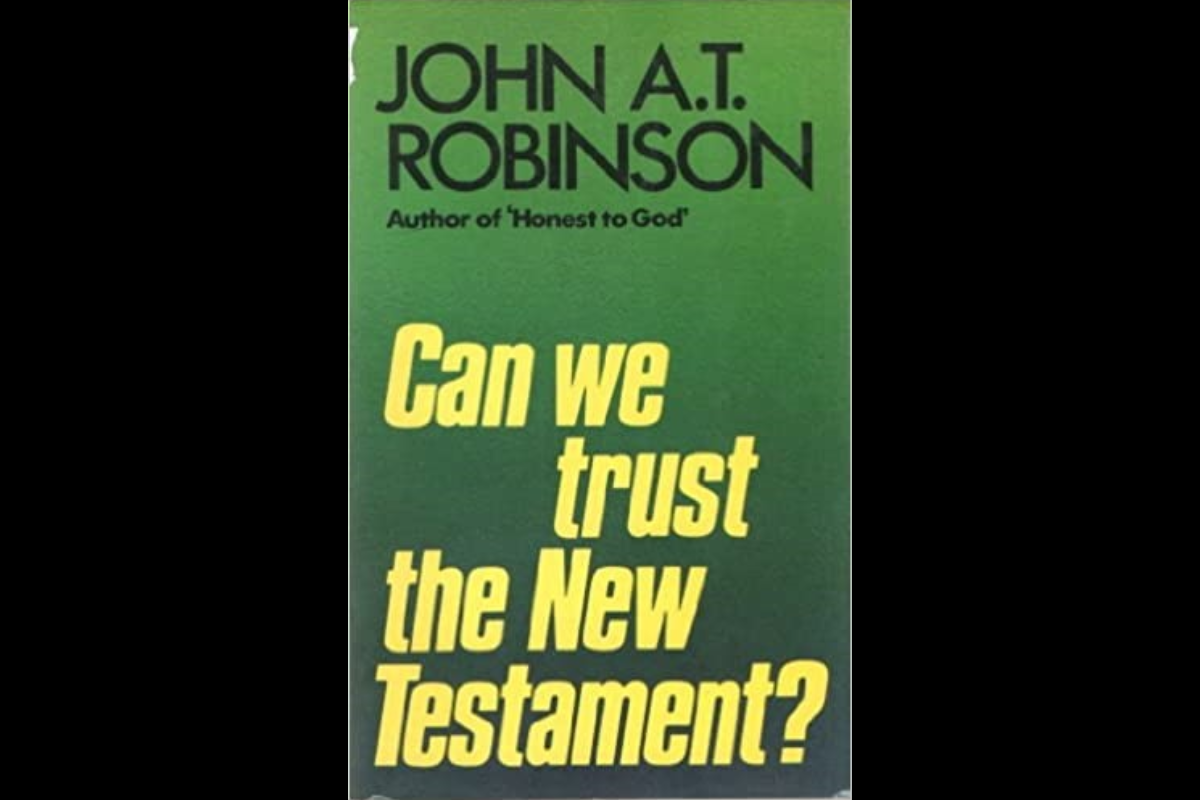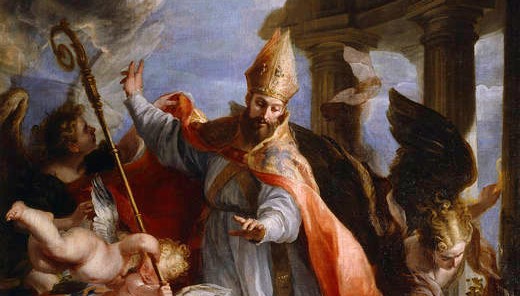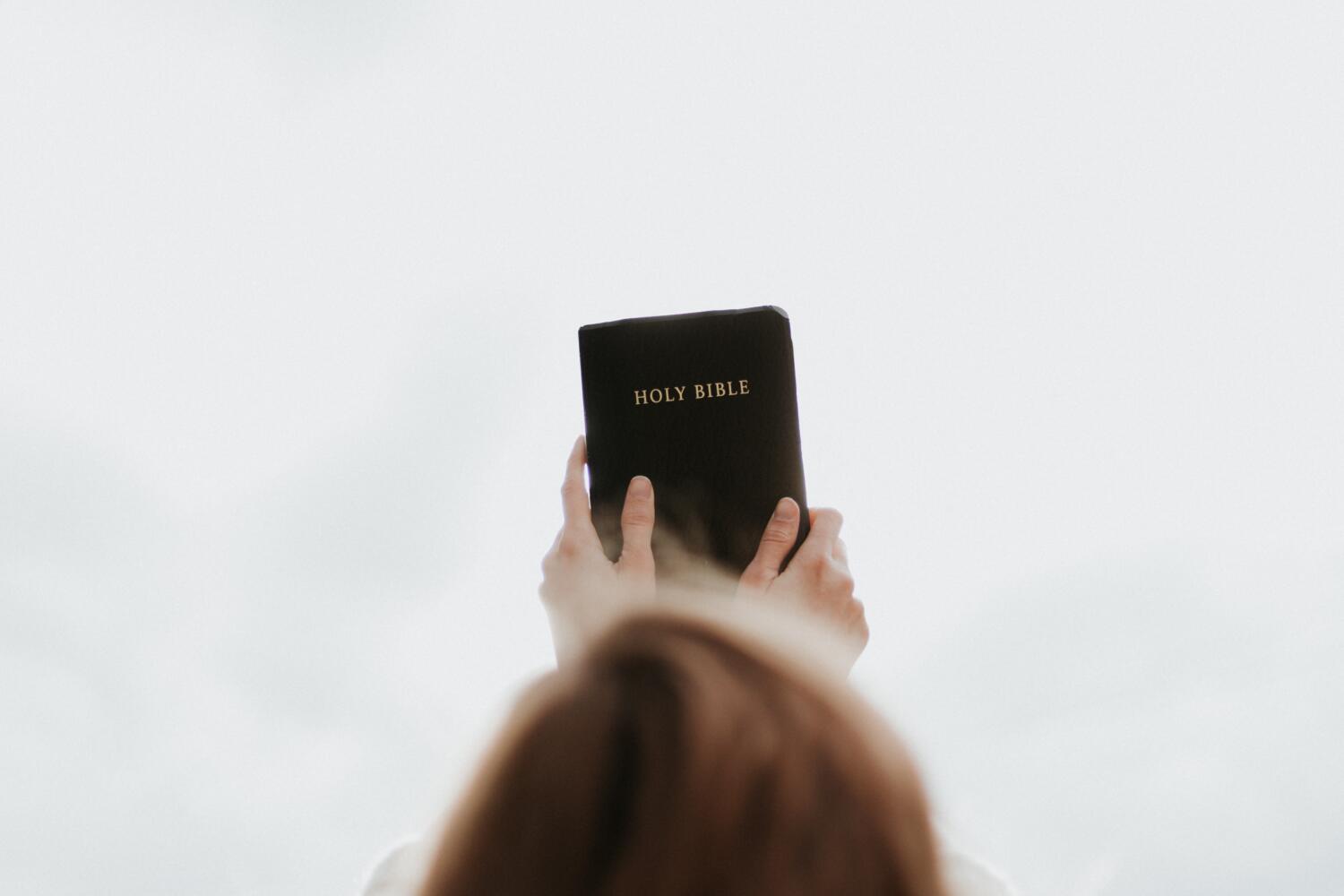Humans’ Automatic Warning System – the Conscience
Author: Kaleb Johnson | Student, Living Education – Charlotte, 2022-23
Estimated reading time: 5 mins.
The students in the Living Ed program had a forum presentation from an elder in South Africa who runs the Church’s office there, Mr. Botha.
He began with the story of a plane crash in Spain. In this instance, the pilots had clearly heard the automatic warning system telling them in English, “PULL UP.” The pilot responded with “shut up, gringo!” They ignored the warning—with catastrophic consequences. Do we act the same way with our automatic warning systems? Do we ignore our consciences?
Should We Trust Our Conscience?
Mr. Botha warned that many people today consider the conscience to be “a defect that robs people of their self-esteem.” But in actuality, the conscience is a gift from God that can tell us, “PULL UP!” when we are in danger. Even people in the world (Romans 2:15) can make use of this gift.
“Our conscience entreats us to do what we believe is right.”
Mr. Botha
Mr. Botha clarified that our conscience is not the same as the word or law of God, but is concerned with our inner motives and true thoughts, something above intellect and reason. If we act contrary to our authentic motives and beliefs, we contradict our conscience, and “a violated conscience is not easily convinced.”
Conscience in the Bible
In the Old Testament, Mr. Botha explained, the word translated “heart” is the closest in meaning to the Greek word translated “conscience.” Through the Old Testament, we see consciences, or hearts, set against God (Exodus 8:15) and directing men to follow God (2 Chronicles 34:27). Our conscience can be abused by wrong beliefs or silenced by being ignored (Titus 1:15). Yet at one point, all will experience their conscience testifying against them.
Conscience versus Doctrine
Do we always follow our conscience? Mr. Botha pointed out that there is a difference between what our conscience thinks and what God thinks. But as we spiritually grow, our conscience becomes more in harmony with God’s will. Mr. Botha illustrated this by comparing our conscience to a skylight—it is not a light source on its own, but rather it needs a strong light source to shine through it. When in harmony with God, our conscience grows to be a powerful tool to keep us on track by accusing us when we do wrong things, like David’s conscience after he had cut the robe of Saul (1 Samuel 24:5). And a pure conscience can grow to be a testimony to others.
“For our boasting is this: the testimony of our conscience that we conducted ourselves in the world in simplicity and godly sincerity, not with fleshly wisdom but by the grace of God, and more abundantly toward you.”
2 Corinthians 1:12
Overcoming a Weak Conscience
Mr. Botha addressed the difficulties that come from having an oversensitive, weak conscience. He pointed to clean and unclean meats. A weak conscience leads to a legalistic, overscrupulous approach fueled by disputing (Romans 14:1-2). It comes from an immature spiritual state, a mind that has not been saturated in the word of God. The answer is to study the Bible and prove God’s will through prayer and fasting. Mr. Botha clarified that, if we have a weak conscience, we still should not violate it. Those with stronger consciences should defer to the weak (1 Corinthians 8:13), and we should not be in the habit of going against our conscience.
“But he who doubts is condemned if he eats, because he does not eat from faith; for whatever is not from faith is sin.”
Romans 14:23
How to Keep Your Conscience Clean
Mr. Botha explained that having a right conscience before involves having a clean conscience, and he gave the students three ways to keep our consciences clean.
1) Confess and forsake known sins. “He who covers his sins will not prosper, but whoever confesses and forsakes them will have mercy” (Proverbs 28:13). If we know we have sinned, and we confess and forsake our sin, God is faithful to forgive us (1 John 1:9).
2) Seek forgiveness from those you have wronged. We should be sure to reconcile with others (Matthew 5:23-24). Mr. Botha pointed out that we should make restoration for our wrongs, going above and beyond (Luke 19:8).
3) Do not procrastinate in clearing your wounded conscience. “This being so, I myself always strive to have a conscience without offense toward God and men” (Acts 24:16). Mr. Botha emphasized that letting guilt fester leads to depression.
Final Thoughts
As his last part of the presentation, Mr. Botha reiterated the importance of strengthening our conscience by saturating our minds in God’s word and warned against violating our own conscience. He also showed how the world views our conscience as useless and tells us to ignore it. In reality, “a pure conscience is more to be pursued than the world’s approval.” We should be able to stand ourselves, to not feel guilty about actions. We need to have faith and a good conscience (1 Timothy 1:19). We should not ignore our automatic warning system, because “the cost of switching it off is dangerously high; it will inevitably result in spiritual catastrophe.”

Kaleb Johnson is a student in the Living Education-Charlotte Program. He graduated with a degree in Chemical Engineering from the University of Alabama in Huntsville in the spring of 2022. In addition, Kaleb enjoys writing, video-making, trying new activities (anything and everything), playing chess, and debating (it’s not arguing!) with people. He currently works in the Living Education department producing written content & videos and helping with a variety of other projects.









